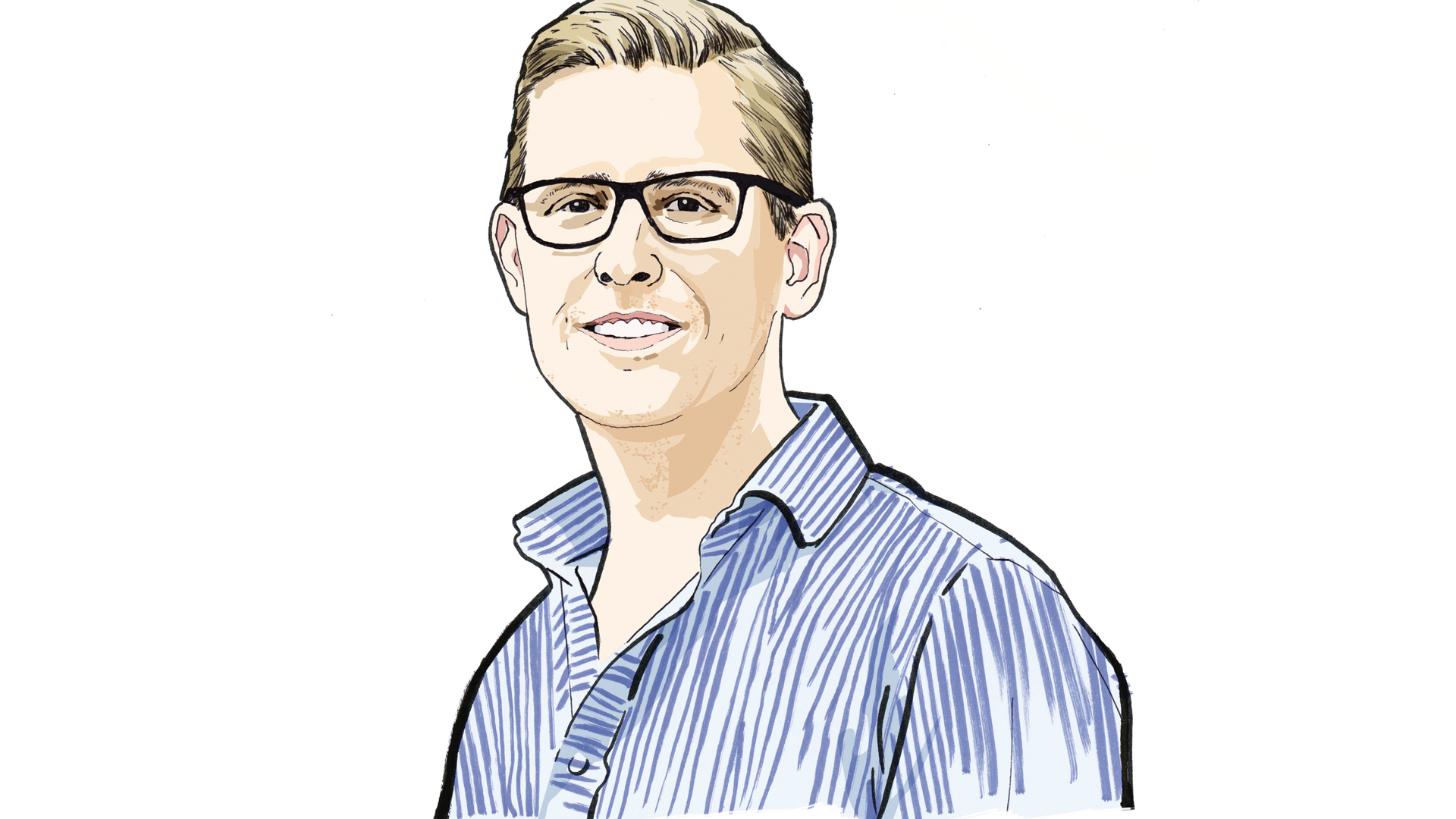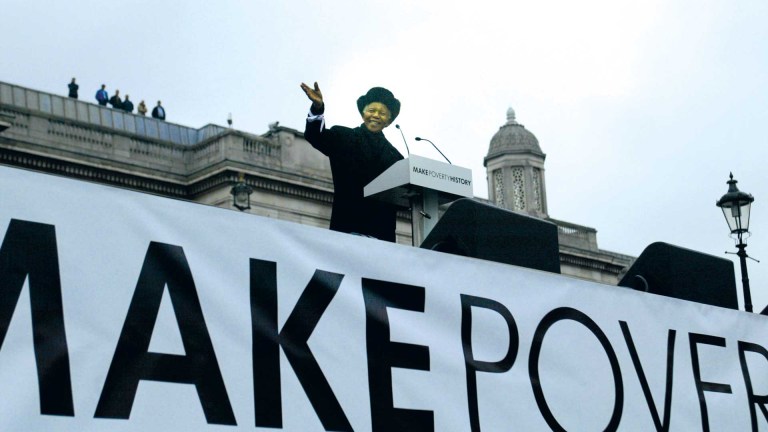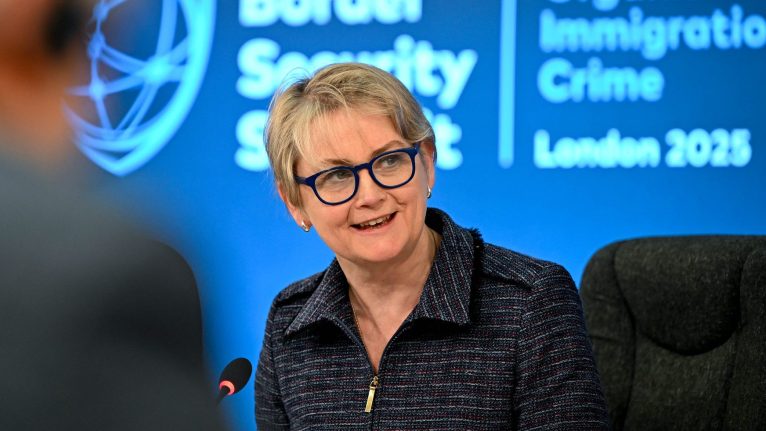It took a neck brace, internet strangers and being bored at work, but Julius Sweetland changed thousands of lives. The 35-year-old’s software OptiKey lets people with motor neurone disease use computers and have conversations using only their eyes. It’s free, forever.
After graduating from the University of Bristol in 2005 with a degree in computer science, Sweetland forged a career in software development mostly in finance, with names like Goldman Sachs and CME Group. It is not, the Londoner admits, the most feelgood of industries, and he always wanted to write some code that would make a difference.
When his aunt Gill was diagnosed with motor neurone disease in 2010, he witnessed how the illness attacks the body’s neurons. Around one in 50,000 people will develop it each year, with more than 5,000 Brits affected at any one time. It weakens and wastes a person’s muscles, causing loss of movement plus difficulty breathing, eating and communicating. As it progresses, some patients are left unable to move anything but their eyes (known as locked-in syndrome).
There’s something that can be done here.
“When you get to that point, your only solutions are people holding up boards or signs, or eye-tracking solutions,” the OptiKey founder says. “I saw an episode of Scrubs, where they help a patient talk using a laptop with a webcam on top. I thought that was really cool, especially when I learned through my aunt just how expensive eye-tracking equipment can be. But that made me think, alright. There’s something that can be done here.” Gill died a year after her diagnosis.
Left with a “nagging feeling” that this was the challenge he’d been craving, Sweetland looked into the systems already available. He found an industry monopolised by a handful of companies, offering products that were basic in function and astronomically expensive if a person didn’t have a healthcare system to fall back on.










